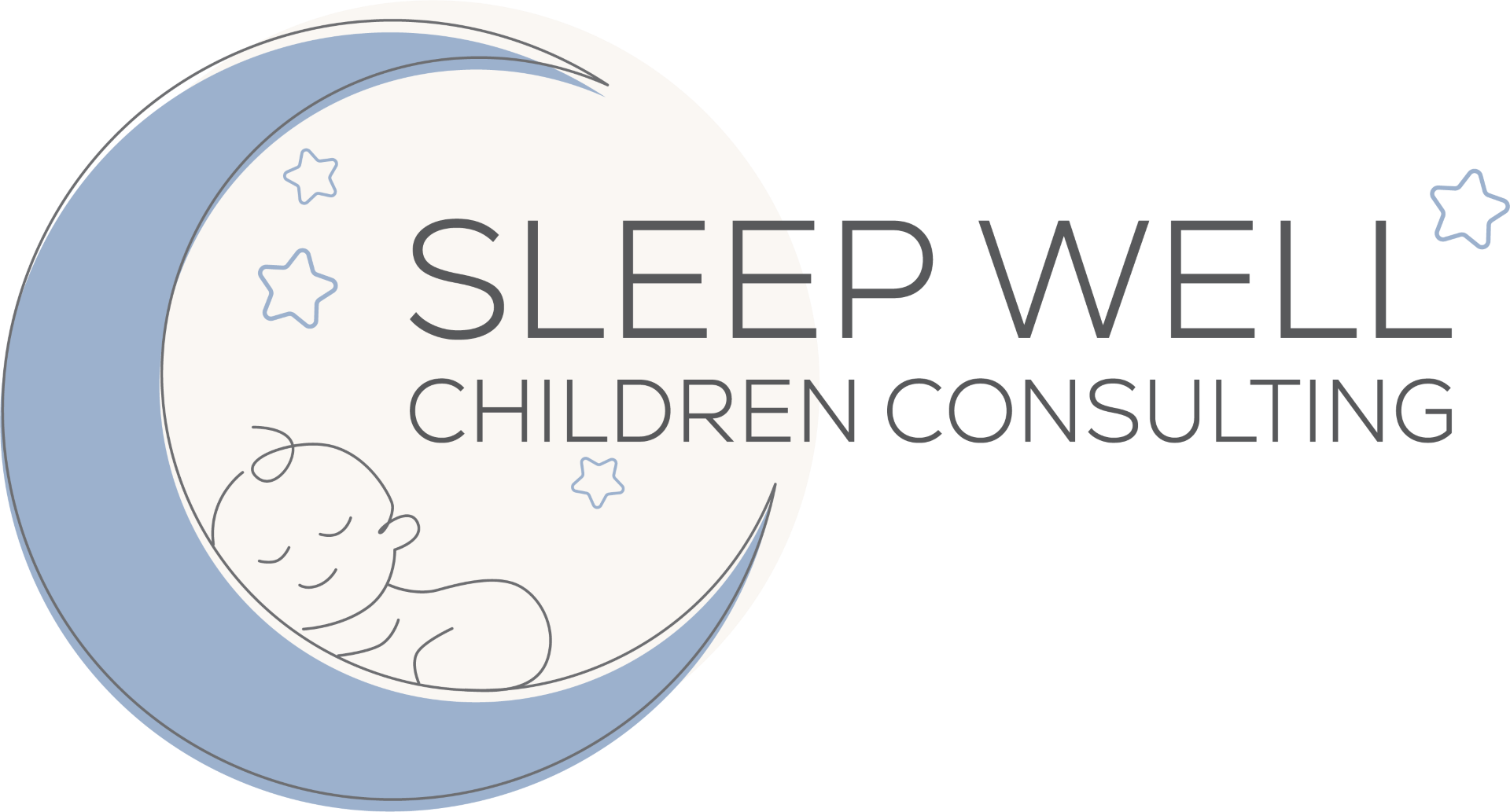Shannon Glenn is the owner and founder of Sleep Well Children Consulting and a Certified Pediatric Sleep Specialist. She is dedicated to helping parents assist their children and babies in developing healthy sleep habits. With a B.A. in Psychology, Shannon has worked extensively with children and their families for over 15 years in a variety of settings. She has been offering sleep solutions for over six years.
Should you give your child melatonin?

As a Certified Infant and Toddler Sleep Consultant, I offer solutions to families with young children who are having difficulties sleeping. Most families who contact me have read every book, tried every method, and have even been to the doctor on a few occasions to discuss their child’s sleep. Some parents have even resorted to giving their child melatonin supplements because they are desperate for a solution and they are exhausted.
Perhaps you have heard of someone taking melatonin supplements or even seen them in the grocery store? But what are melatonin supplements? Before we get into that, first let’s discuss some of the science of melatonin. Using the National Sleep Foundation’s definition, melatonin is a natural hormone made by your body’s pineal gland. This is a pea-sized gland located just above the middle of the brain. During the day the pineal gland is inactive. When the sun goes down and darkness occurs, the pineal is “turned on” and begins to actively produce melatonin, which is released into the blood. Usually, this occurs around 9 pm in adults, and late afternoon, early evening for young children. As a result, melatonin levels in the blood rise sharply and you begin to feel less alert. Sleep becomes more inviting. Melatonin levels in the blood stay elevated for about 12 hours all through the night then as a result of daylight produced in the morning the levels drop down to daytime lows.
Why does light and darkness affect our melatonin levels? Again according to the National Sleep Foundation, human sleep is regulated is exposure to light or to darkness. Exposure to light stimulates a nerve pathway from the retina in the eye to an area in the brain called the hypothalamus. There, a special center called the supra-chiasmatic nucleus (SCN) initiates signals to other parts of the brain that control hormones, body temperature and other functions that play a role in making us feel sleepy or wide awake. The SCN works like a clock that sets off a regulated pattern of activities that affect the entire body. Once exposed to the first light each day, the clock in the SCN begins performing functions like raising body temperature and releasing stimulating hormones like cortisol. The SCN also delays the release of other hormones including melatonin until many hours later when darkness arrives.
Besides adjusting the timing of the clock, bright light has another effect. It directly inhibits the release of melatonin. Even if the pineal gland is switched “on” by the clock, it will not produce melatonin unless the person is in a dimly lit environment. In addition to sunlight, artificial indoor lighting can be bright enough to prevent the release of melatonin, which is why I always recommend children sleep in a dark environment for naps and night time.
Another piece of science about melatonin is that children have the highest levels of melatonin naturally occurring in their bodies. As we age our melatonin levels decrease. There are certain developmental disabilities such as autism that research has linked to lower levels of melatonin production in children.
Melatonin supplements are over the counter man-made synthetic supplements. They are usually found in pill form. No other hormone is available in the United States without a prescription. Because melatonin is contained naturally in some foods, the U.S. Dietary Supplement Health and Education Act of 1994 allows it to be sold as a dietary supplement. These do not need to be approved by the FDA or controlled in the same way as drugs.
Overall most physicians and the National Sleep Foundation do not recommend giving melatonin supplements to children under the age of 10 years old and especially not without consulting your physician first.
So how can you help your child sleep more naturally?
- Feed them a healthy, nutritional diet, low in preservatives, high in natural whole foods.
- Have more one on one time with your child before bedtime. Share your day, talk about feelings. Give your child your undivided attention for at least 15 minutes.
- Turn off all screens an hour before bedtime, TV’s, computers, tablets, phones, etc.
- Have a good bedtime routine, read to your child or if your child is old enough let them read before bedtime as a way to relax.
- Be sure they are getting enough sleep, remember sleep begets sleep and overtired children struggle to go to sleep and stay asleep.
So before you reach for a synthetic answer, try to naturally promote sleep in your house, consult your child’s physician if necessary. You are always welcome to contact me for a free 15 minute evaluation of your child’s sleep.
Make 2013 a naturally rested year for your family
Why didn’t we try this sooner?! As we speak he is sound asleep in his crib – and has been since 7:15 pm.
Karianne Wanggaard
Sleep Well Sleep Specialists
Don't go through another night of bad sleep.
Contact us to schedule your FREE 15-minute sleep evaluation!
Working with Shannon, I went from 2-3 wake ups every night to 1 or 0. She aligned the plan with my preferred sleep cycle. She was always coaching, never judging. Shannon was great, I have referred MANY people to her! That's the best testament to her work that I can give.
Laura

